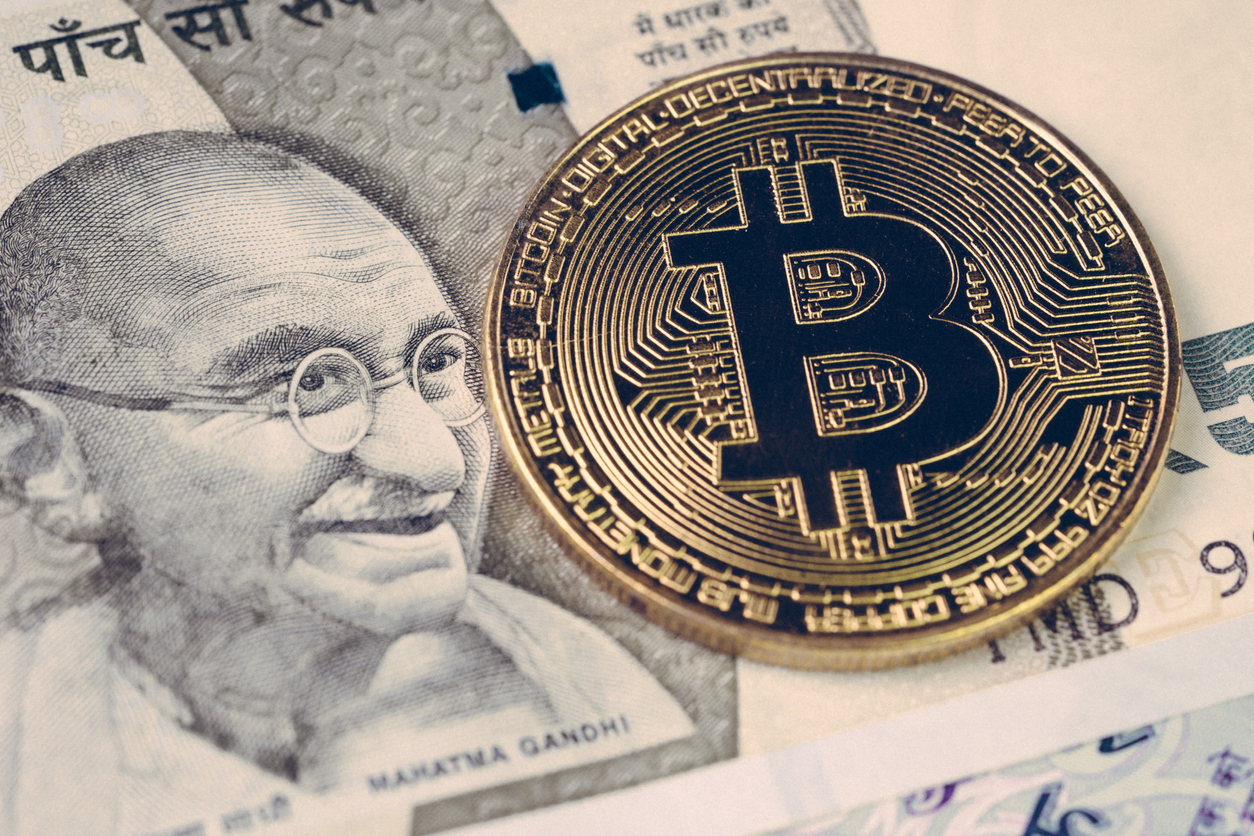
FOMO on crypto? Here’s what you should know before you make the leap
The digital currency system is technologically impenetrable, but regulatorily not there yet; we take you through the basics

It’s easy to write off cryptocurrencies as new-age fluff. Trust the millennials to come up with a currency that has no physical form, is not legal tender in most countries, and is so volatile that you can turn from pauper to prince — and vice-versa — in minutes. And FOMO (fear of missing out) appears to be its biggest investor draw.
Yet, cryptos are now almost a decade old, and obviously here to stay. For all the accusations of their volatility and ‘feebleness’, they did withstand two major global recessions. As of Saturday, August 14, the value of the global crypto market stood at $2.06 trillion.
While they were initially viewed as the currency for shady dark net transactions, it’s now becoming apparent that their technological sturdiness, and complete transparency and traceability, will only keep criminal activity at bay. Governments are beginning to accept their inevitability and beefing up the regulatory system to accommodate them.
In India, cryptos are still nascent, but headed towards the mainstream. “Most of the investors (in India) are youngsters working in corporates and multinational companies, with a finance background, and people with exposure to speculative markets,” Aishwarya Sundarrajan, Lead Crypto Consultant with GCCHUB (Global Crypto Community HUB), told The Federal. GCCHUB, a global wealth management company, caters to Indian crypto investors aged 18 to 70, she added.
You may want to invest in cryptos for any reason — they offer a new asset class, the technology excites you, you find the returns jaw-dropping, or it’s plain FOMO. Whatever be the case, fully understand the nitty-gritties before you take the plunge
Who makes cryptos?
Cryptos are basically software. They’re a decentralised digital medium of currency exchange that anybody can produce — neither governments nor central banks make them. But the process is highly complicated, painstaking and highly prone to failure. The mined cryptos are stored in blockchains, which are nothing but highly secure databases, or digital ledgers, which ensure transparency, decentralisation and immutability.
Where do I buy and store them?
Bitcoin, Ethereum, Binance and Dogecoin are among the best known cryptos, but there are at least 5,000 others, by conservative estimates. There are crypto exchanges — somewhat similar to stock markets for equities — where you can purchase the digital currencies, store them, and sell.
India has, of late, seen the mushrooming of cyrpto exchanges. CoinSwitch Kuber, ZebPay, WazirX, CoinDCX and Unocoin are among the start-ups operating in this space. The platforms promise safe and secure transactions with varying charges.
“Crypto doesn’t always need an agent to start investing,” said Sundarrajan. “Rather, newbie investors just need guidance on how to open crypto accounts, register with the exchange, open crypto wallets for storage, and protect the private keys without missing them. Any person experienced in crypto investments or expert in crypto trading can guide a newbie on this.” There are also several educational YouTube videos that help, she added.
Some of the exchanges let you start with as little as ₹100. Once you fill up the forms and complete KYC (know-your-customer) requirements, you are good to go.
What can I do with the currency?
You can, technically, use them for online transactions wherever they’re allowed. Some e-commerce sites allow purchases using cryptocurrency, but these are not too many, at least in India, yet. There’s a trend on social media where celebrities and influences use cryptos — particularly Doge — for ‘tipping’. Here, they reward followers who provide interesting content.
But, for the lay Indian investor looking to dip a toe in cryptos, the goal is mostly to see the investment appreciate. Very few buy these digital currencies with the aim of using them for actual purchases.
How can I profit from them?
This is again akin to stock markets, where you ideally buy during a bear phase and book profits during a bull phase. Like stocks, cryptos rise and fall almost on a day-to-day basis.
While the trend and technology involved are appealing, treat it the way you would any other investment. It promises hedging against inflation, much like gold. It is easy to buy and store. But it’s also highly volatile, so keep your eyes wide open.
Invest only so much that you can fully write off, in case that particular cryptocurrency crashes and never recovers.
Are they safe?
Last week, hackers siphoned off $600 million from Poly Network, an overseas firm that specialises in transferring cryptocurrency, only to return it later. Experts said the hackers probably ‘reformed’ because they couldn’t have used the money without getting caught — the almost watertight technology ensures that.
When you buy or sell cyrptos in India in 2021, you’re doing legitimate trade. The well-known crypto exchanges operating here have checks and balances in place, and are often backed by high-profile institutional investors.
But then the asset class by itself is risky, and there are no two ways about it. No legitimate exchange will offer you guaranteed returns. If anyone who promises you a fixed return on cryptos, you can be sure it’s a scam, so stay off.
“Investors should know that crypto is a highly volatile asset,” said Sundarrajan. “It witnesses significant bull and bear seasons every two or three years. Investors should develop the discipline of holding the asset for the long term — here, long term means three years to even six years.”
India’s ‘cryptic’ regulatory stand
At present, India doesn’t have solid regulation in place around cryptos, but then neither do most other nations. “India was not so positive about crypto for years together,” recalled Sundarrajan. “Especially during Demonetisation, when big investors and some retail investors turned towards crypto, the Reserve Bank of India (RBI) issued a warning that crypto doesn’t come under its radar, and SEBI’s either. Investors were informed that they shall invest at their own risk.”


